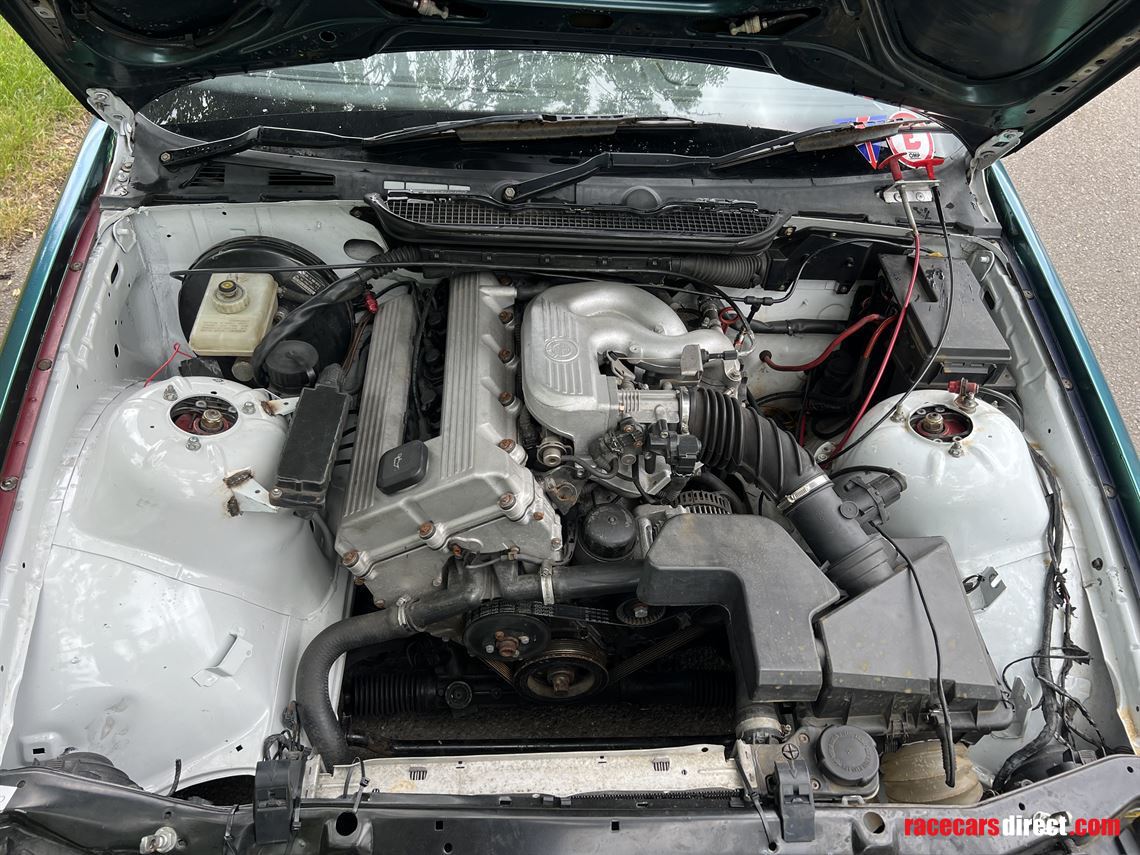BMW 318ti: Performance Specifications and Characteristics Explained
BMW 318ti: Performance Specifications and Characteristics Explained
Blog Article
Essential Considerations for Picking the Best Engine for Your Requirements
In the realm of selecting the optimal engine to meet your needs, several essential factors need precise factor to consider to make certain ideal efficiency and effectiveness. From the nuanced equilibrium between power and efficiency to the often-overlooked facets of upkeep and service needs, each element plays a critical duty in determining the most ideal engine for your particular demands. As the complexity of engine technologies continues to evolve, discerning one of the most fitting option demands a deep understanding of the interplay between different factors to consider. By exploring the complex internet of variables that underpin this decision-making process, a clearer course arises in the direction of selecting an engine that not only satisfies however exceeds your assumptions.
Power and Efficiency
When assessing engines for optimal performance, it is vital to focus on both power result and efficiency. Power outcome determines the capability of an engine to create power, which straight influences its efficiency. A high power outcome is necessary for requiring tasks such as high-speed requirements or sturdy applications. It makes certain that the engine can handle the work properly and successfully. Nevertheless, power alone is not adequate; efficiency plays a significant duty in determining the overall performance of an engine. Performance describes how well the engine converts gas right into functional energy. A more reliable engine will certainly deliver far better mileage, lower discharges, and minimized operating expenses. Striking the right equilibrium between power result and efficiency is vital to choosing an engine that meets your certain needs. When making this choice, it is crucial to think about factors such as the meant usage of the engine, environmental influence, and long-term expense implications. By carefully examining both power and efficiency, you can select an engine that supplies optimal performance and satisfies your needs properly.
Fuel Effectiveness and Economic Climate
In the world of engine selection, the consideration of fuel effectiveness and economy holds extremely important significance. Fuel effectiveness refers to the engine's capability to convert fuel into energy with minimal waste, directly impacting operating expense and environmental sustainability. bmw 318ti. When selecting an engine, examining its fuel economic situation is essential to identify long-lasting cost savings and environmental impact. Engines with higher gas effectiveness not just reduce gas expenses but also decrease carbon emissions, contributing to a greener procedure.

Compatibility and Application
Thinking about the gas efficiency and economic climate of an engine, the following essential element to address is its compatibility and application within details operational contexts. Compatibility refers to exactly how well the engine incorporates with the total system or equipment it powers.
Additionally, the application of the engine is equally important. Various engines are made for specific functions, whether it be commercial equipment, aquatic vessels, vehicles, or power generators. Recognizing the desired application allows for the selection of an engine that can deliver the necessary power outcome, torque, and functional features. A high-revving engine created for efficiency cars would certainly not be suitable for heavy-duty construction equipment that requires high torque at low speeds.
Maintenance and Service Demands
Upkeep and service requirements play an essential function in guaranteeing the long life and optimum performance of an engine. Regular maintenance is necessary to stop malfunctions, prolong the image source life-span of the engine, and maintain its efficiency. When choosing an engine, it is crucial to take into consideration the supplier's recommended upkeep routine and the schedule of solution facilities or certified professionals.
Factors such as the frequency of oil changes, filter substitutes, and general assessments can dramatically influence the engine's efficiency. Some engines might call for even more frequent maintenance based upon their layout and use, while others might have longer periods between maintenance checks. It is important to comply with these service demands to prevent costly repair work and unexpected downtime.

Cost and Spending Plan Considerations
Budget restraints typically play a significant duty in the decision-making procedure when picking an engine for a particular application. When thinking about the expense and budget effects of choosing an engine, it is essential to analyze not only the first purchase cost but likewise the long-term costs connected with upkeep, fuel usage, and potential upgrades or repair work. It is crucial to strike a balance in between the in advance expense of the engine and its overall lifecycle costs to make certain that the chosen engine continues to be financially sustainable throughout its functional life-span.
Elements such as gas dependability, efficiency, and durability can straight affect the total expense of possession of an engine. While a much more expensive engine might have higher ahead of time expenses, it might potentially result in reduced maintenance and gas expenses over time, hence providing better worth in the lengthy run.
Final Thought

Fuel check this site out efficiency refers to the engine's capacity to transform fuel into energy with marginal waste, straight affecting operating prices and environmental sustainability.Aspects affecting gas efficiency include engine style, burning performance, and general efficiency optimization. Additionally, selecting the proper gas kind and quality as advised by the engine manufacturer can even more improve efficiency and extend engine life expectancy.
Engines with excellent utility features and readily available parts can decrease maintenance costs and reduce the time the engine is out of operation - bmw 318ti. It is vital to strike an equilibrium in between the ahead of time price of the engine and its total lifecycle prices to make certain that the picked engine stays monetarily lasting throughout its functional life expectancy
Report this page